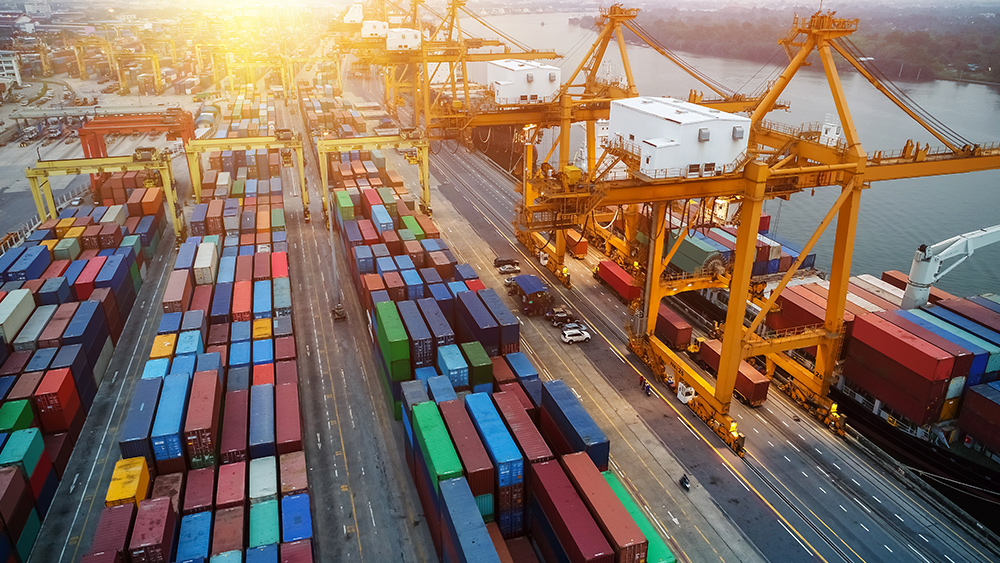
The Gulfstream jet was recently spotted on the tarmac at an airport in Sydney, where he visited the official residence of the Australian Prime Minister after flying in from a vacation on Lizard Island in Queensland’s Great Barrier Reef. The jet burns 1700 liters of fuel each hour as he zips around the world strumming up business for his firm, Breakthrough Energy, whose stated aim is driving innovation and sustainable energy and technology in order to decrease greenhouse gas emissions.
Gates, who is currently the fourth-richest person in the world, addressed guests at the Lowy Institute think tank in Sydney, emphasizing the importance of reducing greenhouse gases and saying: "The reason why climate change is worth investing in massively is because it will get worse and worse over time. If you allow the warming to go to an extreme level, then all sorts of natural ecosystems disappear and all sorts of places in the world you can't do outdoor work. So the tropical areas, agriculture would be impossible, outdoor work during large parts of the year would be impossible."
Gates wants the world to reduce emissions but has a $194 million private jet collection
Next, he plans to fly his gas-guzzling jet to Melbourne to enjoy the last five days of the Australian Open tennis tournament. The private jet is just one of four that the Microsoft founder owns. His collection, which is worth $194 million, includes a pair of Gulfstream G650ERs that are worth a reported $70 million apiece and can carry as many 18 passengers. The other two aircraft are Bombardier Challenger 350s that cost around $27 million each.
He has referred to his collection as his “guilty pleasure” and has also invested billions of dollars in the biggest business jet service provider in the world, Signature Aviation.
In his book How to Avoid Climate Disaster, Gates admits he is an “imperfect messenger” on the matter of climate change, yet he does not appear to be in any hurry to give up his comforts in the name of saving the planet – even while insisting that the rest of us do so.
Gates once told Chris Wallace of Fox News that the world needs to bring its emissions from the current 51 billion tons down to zero in the next three decades or we’ll face severe consequences, but he is clearly not doing his part to help. A Swedish study found that Gates took 59 private jet flights in 2017, which emitted a total of around 1,600 tons of carbon dioxide; the global average is less than 5 tons per person. According to a report from Transport & Environment, private jet travel is considered the most carbon-intensive means of transportation by far, as it’s 10 times more carbon-intensive than commercial airplanes and 50 times more carbon-intensive than travel by train.
While Gates likes to claim that his affinity for private jet travel is not as bad as it sounds because he buys clean aviation fuel, investing in business jet maintenance is hardly a reasonable move for someone who claims to be so concerned about the environment.
He's not the only climate change alarmist who doesn't practice what he preaches. This week, World Economic Forum attendees came under fire for flying out to Davos, Switzerland for meetings about fighting climate change in at least 150 private jets. The guests, who included billionaires, government officials, celebrities and business executives, used thousands of metric tons of carbon through their usage of private jets.
Environmental campaigner Klara Maria Schenk noted: "Meanwhile, the rich and powerful flock to Davos in ultra-polluting, socially inequitable private jets to discuss climate and inequality behind closed doors.”
Sources for this article include:
Please contact us for more information.























